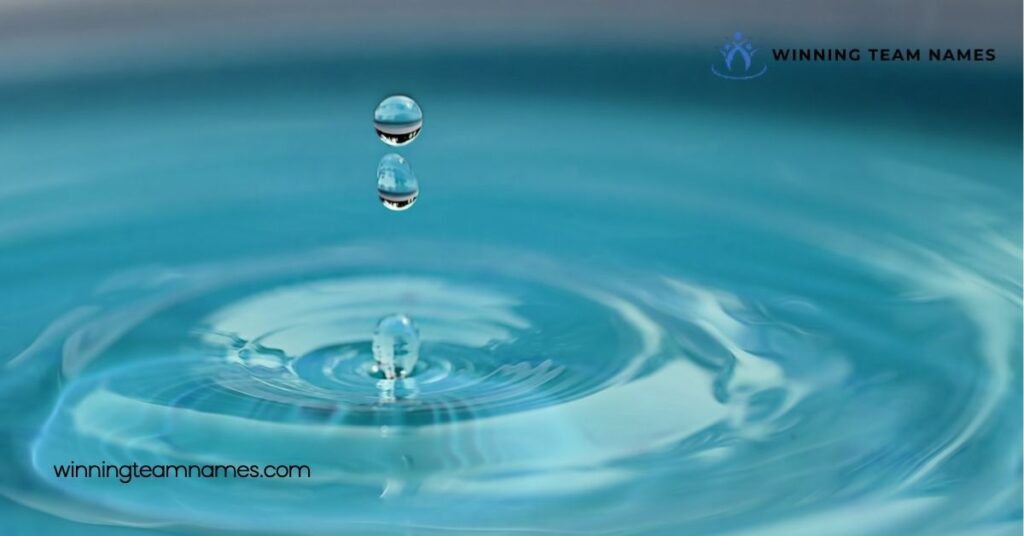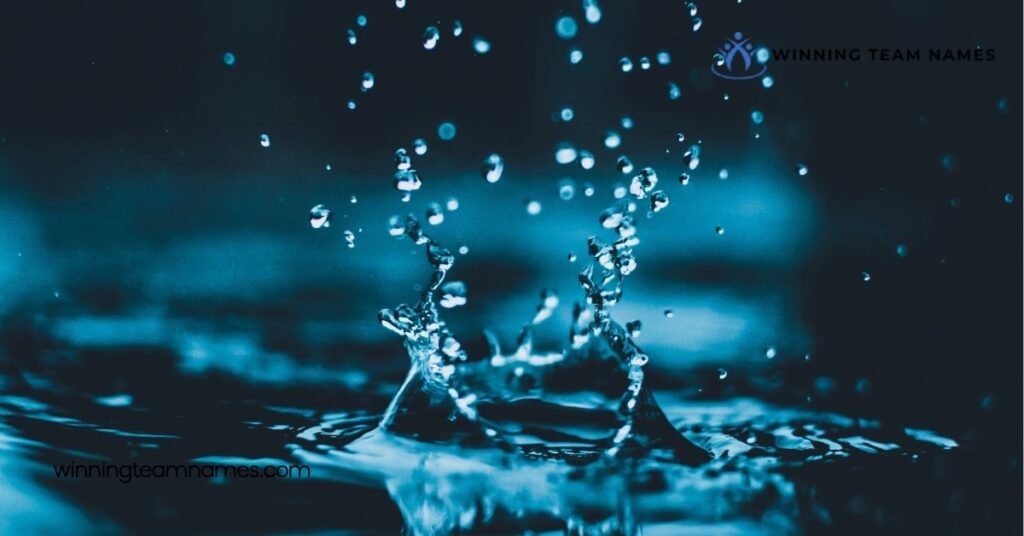Ever wondered about Japanese names that mean water and what they symbolize? Water holds deep cultural significance in Japan, representing purity, life, and tranquility. In this text, you’ll discover a selection of beautiful names inspired by this essential element, each with its own unique meaning and charm.
Significance Of Water In Japanese Culture

Water holds profound significance in Japanese culture, symbolizing purity, change, and the cycle of life. It’s intertwined with Japan’s spirituality and everyday practices.
Symbolism Of Water
Water represents life in Japan, showcasing renewal and tranquility. Many traditional practices, such as purification rituals, illustrate its essential role in cleansing and spiritual clarity. Besides, seasonal changes are often mirrored in the flow of rivers and the ebb of oceans, emphasizing water’s ever-changing nature. Different types of water, like fresh and salt, carry their unique meanings, reinforcing the importance of this element in daily life.
Water In Japanese Mythology
Japanese mythology frequently features water, highlighting its divine and mystical aspects. Deities like Suijin, the god of water, embody its life-giving properties and influence over agriculture. Water spirits, or ‘kappa,’ are depicted as both playful and dangerous, illustrating the duality of water’s personality. You’ll often find water as a vital theme in stories and folklore, emphasizing its crucial role in shaping Japanese beliefs and values.
Popular Japanese Names That Mean Water

Exploring Japanese names related to water reveals a unique blend of beauty and significance. Below are some popular choices categorized by gender.
Male Names
- Haruto – This name means “sunlight over the water.” It embodies warmth and serenity.
- Ren – Meaning “lotus,” it symbolizes purity and is often associated with water’s calming nature.
- Kaito – This name translates to “ocean flying,” representing adventure and the vastness of water.
- Seiji – A strong name meaning “purity,” it reflects water’s essential role in life and clarity.
- Haru – This name signifies “spring,” symbolizing renewal and the fresh flow of water during that season.
Female Names
- Mizuki – Meaning “beautiful water,” it captures grace and fluidity, perfect for a loving daughter.
- Ami – This name translates to “little water,” conveying a gentle and nurturing spirit.
- Yuriko – Meaning “lily child,” it links to water’s beauty through the lily flower’s natural habitat.
- Akane – This name means “deep red,” often associated with sunsets over tranquil waters, creating vivid imagery.
- Sui – A short, sweet name meaning “water,” it’s simple yet carries deep significance.
- Aoi – This name translates to “blue,” reminiscent of clear skies and vast waters, symbolizing harmony.
- Nori – Meaning “law or rule,” it’s also associated with “seaweed,” highlighting the connection to ocean life.
- Kumi – This name can signify “to come together,” resembling the gathering of water.
- Sora – While this name means “sky,” it beautifully symbolizes the relationship between sky and water.
- Mizuo – Translating directly as “water man,” it connects both male and female identities to water’s essence.
These names not only sound lovely but also tell rich stories embedded in Japanese culture and nature.
How To Choose A Japanese Name

Choosing a Japanese name can be a meaningful journey, especially when you want it to resonate with water symbolism. Ensuring your selection reflects the beauty and significance of water in Japanese culture can make it even more special.
Consider Cultural Context
Understand the cultural background surrounding the name. Each Japanese name often carries historical or mythical connections, and names inspired by water are no exception. For instance, names like Suijin connect to the deity of water, integrating spiritual significance. Familiarizing yourself with these stories adds depth to your choice, improving its resonance. Consider how the name fits the context of water in traditional beliefs, art, and literature. This awareness can help you select a name that feels both authentic and meaningful.
Sound And Aesthetics
Focus on the phonetics when selecting your name. The flow and rhythm of a name can evoke feelings associated with water, such as calmness and tranquility. For example, names like Mizuki and Aoi not only symbolize water but also have a melodious quality. Think about how the name will sound when spoken aloud. A beautiful sound can enhance the overall appeal, making it more pleasurable to say and hear. You also may want to consider the aesthetics of writing the name in kanji, as certain characters visually represent water and its qualities. Ensuring both sound and visual appeal aligns with your vision can create a beautifully harmonious name choice.
Conclusion

Choosing a Japanese name that embodies the essence of water can be a beautiful way to connect with its rich symbolism. Whether you’re drawn to names that evoke purity tranquility or renewal you’ll find that each option carries a unique story.
By understanding the cultural significance behind these names you can make a choice that resonates with the beauty of water in Japanese tradition. Consider how the sound and aesthetics of the name align with your personal values and preferences.
This thoughtful approach not only honors the depth of Japanese naming customs but also creates a meaningful connection to the life-giving qualities of water. Embrace the journey of exploring these names and discover the perfect one that reflects your admiration for this vital element.







